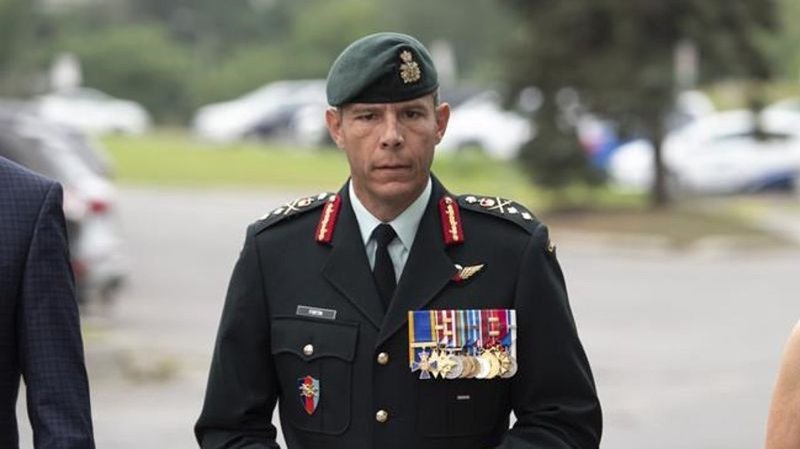
Military’s grievance system plagued by backlog, needs urgent reform: retired judge
OTTAWA — A key argument from government lawyers last week as to why the Federal Court should not reinstate Maj.-Gen. Dany Fortin as head of Canada’s vaccine rollout campaign was that if he wasn’t happy with the decision, he should have filed a grievance with his commander.
The comment was a reference to the military’s grievance process, the only legal recourse Canada’s rank and file have to raise concerns about everything from their work environment or a performance evaluation to disciplinary action taken against them — including being kicked out of uniform.
“That’s exactly what this process is intended to deal with,” Justice Department lawyer Elizabeth Richards said of Fortin’s demand during the two-day Federal Court hearing, in which the senior military officer was asking Justice Ann Marie McDonald to quash his removal from the vaccine effort in May.
Edwards later warned that if the judge agreed to Fortin’s request, other troops would try to sidestep the very process that Parliament set out for Canada’s military to address complaints from the troops.
